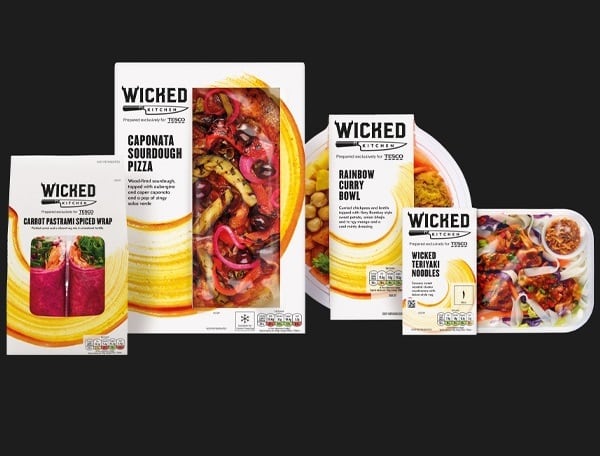In Future Thinking’s annual ‘Grocery Eye’ report, the insights and analytics company surveyed 2,048 supermarket shoppers across the UK. The aim? To investigate consumers’ food attitudes and habits in 2019.
According to the results, one in five consumers are eating less meat in 2019 than they did in 2018. Sixty-four percent cited ‘health benefits’ as their main reason for cutting down on animal-based protein, with concern for animal welfare being another major factor (48%).
Thirty-seven percent said they had reduced their consumption because of environmental concerns. An additional 15% said they had cut down because meat comes in plastic packaging.
Future Thinking also asked respondents about their attitudes towards ‘free from’ claims. Findings revealed that such claims do play a role in consumer decision making. At least three in 10 participants said they avoid at least one food group, such as wheat, gluten, or soy. These were largely due to lifestyle choices rather than allergies.
More than one-third said they believe ‘free from’ products are healthier than their conventional counterparts. This was particularly true for Millennials.
The survey also asked questions related to convenience vs. cooking from scratch habits. The UK has one of the longest average working weeks in Europe, at 42.3 hours. Yet Future Thinking found that the respondents were increasingly finding time to cook using fresh ingredients from scratch. Indeed, 61% said they preferred to eat food made this way.
At the same time, the survey revealed more people are buying pre-prepared convenience foods in 2019 than they did in 2018. “This suggests an increasingly flexible attitude to food consumption over the week,” noted Future Thinking. Those aged 16-34 are most like to snack and opt for convenience foods, the analysts revealed. “But they are also the most honest and mindful, admitting they should do more about their health.”
Turning to fat and sugar, of those surveyed, 85% said they understood the distinction between ‘good’ and ‘bad fats’. They also said they knew what foods to eat to increase their good fat consumption.
Views on sugar were less definitive. And participants admitted that sugar is not their ‘primary consideration’ when looking for healthy foods. Fruits and vegetables, however, were a key driver. Parents appeared to share a different view when shopping for kids, with 69% of parents saying they are worried it is bad for their children’s teeth – rather than a risk factor for diabetes or weight gain.
Finally, the insights and analytics firm investigated barriers to healthy eating. Well over half (67%) of respondents felt that healthy eating is more expensive than eating ‘unhealthy’ foods. Close to 50% said if healthier foods were cheaper, they would be more inclined to improve their eating habits.
The study also suggested that consumers see supermarkets as predominantly responsible for encouraging healthy eating, following by professionals, and family members.
“Consumers are clearly taking steps to be healthier, but they are not just concerned about fat and sugar anymore,” Future Thinking’s senior research director, Catherine Elms, said of the findings. “Recognition of a healthy diet as more holistic has significantly increased, and they want to know what’s included in their food as much as they want to know what it doesn’t include.
“They also expect responsible marketing, and are mindful of the environment when making food choices.”
Image credit: GettyImages/krblokhin



